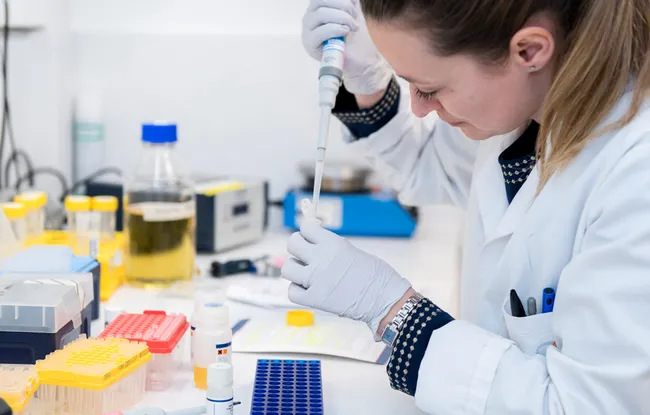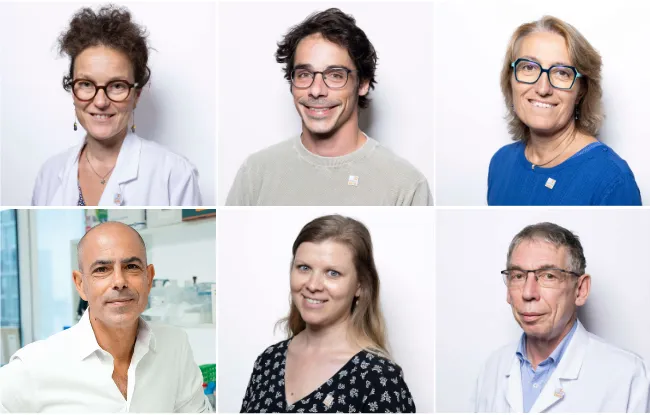- Home >
- Institut Curie News >
- Pediatric Cancer: Identifying New Therapies with the European COMPASS Project
Institut Curie is a key partner in the COMPASS consortium, which is coordinated by teams in Germany and involves researchers from the Netherlands, Finland, and Hungary. The project is funded by the European consortium ERA PerMed to the tune of 1.5 million euros over a period of three years.
When both standard therapies and targeted therapies fail, we have to explore new options: this is the goal of the pediatric oncology project COMPASS.
We apply drug screening and high-throughput microscopy techniques to investigate whether the tumor tissue is responsive to a library of clinically approved drugs
Explains Olaf Witt, COMPASS-coordinator, head of the Division of Pediatric Oncology at German cancer research institute Deutsches Krebsforschungszentrum (DKFZ).
The COMPASS project has four main aims:
- Establish an international, standardized, and validated platform for testing drugs;
- Discover new biomarkers and molecular mechanisms;
- Generate large-scale online database of drug efficacies with integrated omics data;
- And, on a longer time horizon, implement clinical trials.
Several Institut Curie research teams are involved in the COMPASS project. Dr. Güdrun Schleiermacher, who leads the translational research in pediatric oncology team, is the French principal investigator on the project. She is working in collaboration with Dr. Olivier Delattre’s “Diversity and Plasticity of Childhood Tumors” team, and with Institut Curie’s Biophenics and Bioinformatics platforms.
This ambitious European project will enable us to screen nearly 6,000 molecules, about half of which will be examined using the Biophenics platform at Institut Curie. We hope that our collective energy will help us discover and explore new avenues of treatment for pediatric cancers, particularly neuroblastoma.
|
The Biophenics Platform at Institut Curie BioPhenics is a robotic cell-screening platform focused on high-content screening technology (HCS). Its purpose: use miniaturized biological tests in order to be able to describe in detail all the cellular disorders caused by "disruptors" present in various molecular libraries (small molecule libraries, siRNA libraries, etc.). The power of cell screening is applied to the study of large protein families, with a particular focus on controlling cell physiology and its role in many diseases such as cancer. |
COMPASS brings together several European pediatric precision oncology facilities. In addition to DKFZ/KiTZ (DKFZ/Hopp Children's Cancer Center Heidelberg) in Germany and “INFORM," its European pediatric precision oncology facility, five other scientific institutions are partners in the COMPASS project: Institut Curie (France), Princess Máxima Center for Pediatric Oncology and the Academic Medical Center of the University of Amsterdam (Netherlands), Institute for Molecular Medicine Finland and University of Helsinki (Finland), and the startup company Single-Cell Technologies Inc. (Hungary).
[1] ERA PerMed is an association focused on the promotion of personalized medicine projects, with 32 partners from over 23 countries. It is co-funded by the European Commission.



